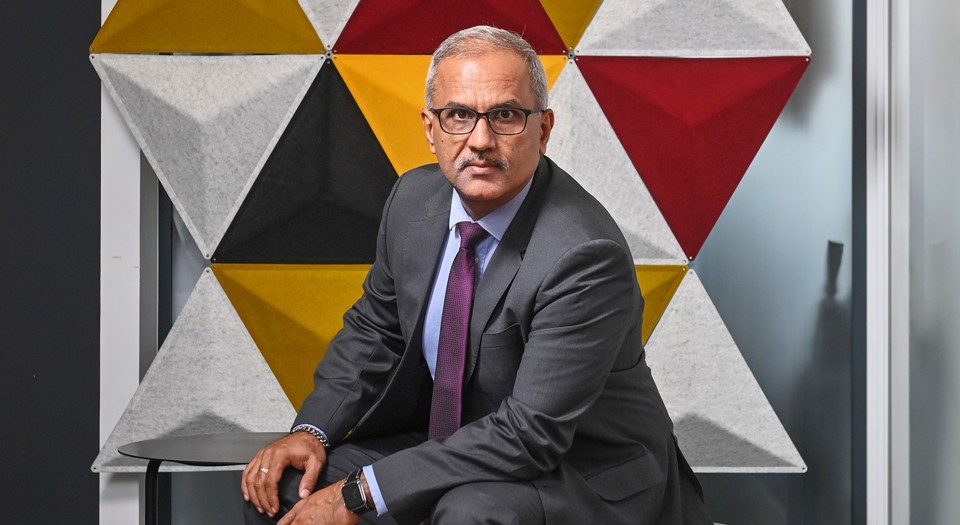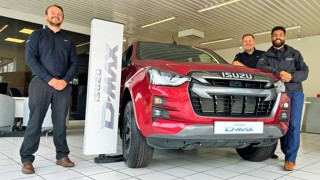The way we buy cars has undertaken a fundamental transformation over the last 18 months.
Recent research found that over half of UK consumers find online car shopping less stressful than visiting an in-person dealership, and 20% plan on conducting their next vehicle purchase online.
While the online experience can never truly replace the aura of a dealership – be it the smell of petrol or the sight of a dangling pine air freshener – its convenience has forced retailers to change gear.
The arrival of the pandemic has undoubtedly played a significant role in the shift to online.
Auto Trader experienced a 25% uplift in web traffic in the wake of national lockdowns – expanding its partnership with Google Cloud in the process – and 43% dealerships said they built their online presence to attract more customers to their websites.
Naturally, such a sudden period of change requires agility, flexibility, and the right skillsets to ensure projects are managed and completed efficiently.
Engaging with organisational transformation
At Project Management Institute (PMI), we frequently speak to our partners about how they can best navigate the transition to digital. It is common for focus to initially fixate on the technology required to bring a vision to life, however the profile of the teams performing the objectives – and the environment in which they are working – is equally, if not more, important.
As a result, it is sometimes necessary to engage with the challenge of organisational transformation. This can be an understandably daunting prospect – data from McKinsey shows that over 70% of large-scale transformations fail – but with the right leadership and methodologies in place, businesses can come out the other side in a state better set to execute their wider objectives.
For example, businesses should no longer view transformation as a C-suite conversation but one that every employee should have a say in.
By engaging with those at every level of your organisation – as opposed to just senior leaders or external consultants – you can ensure everyone is pulling in the same direction and understands the purpose of their role.
This will go a long way to creating a “gymnastic enterprise”, where the focus is on the outcome rather than the process, with a clear sense of how to balance structure and governance while embracing change.
Preparing for skills shortages
One challenge that looks imminent to the entire automotive sector is a skills shortage. The industry relies on a higher proportion on non-UK EU workers than the rest of the economy – 7% compared to a national average of 5% – and is particularly vulnerable to the turbulent future of workers’ rights.
Any swift change could suddenly starve automotive companies of skilled employees in roles that take time to train for, such as engineers and technicians.
As such, it is vitally important that the sector put an immediate focus on upskilling their employees.
For those undergoing digital transformation, especially, it is essential to future-proof your team by ensuring that existing employees receive the right level of training to be able to contribute to achieving objectives.
This is especially relevant for next-gen talent coming into a business, who can learn at speed and be developed into roles that provide additional value to their employers.
By creating an environment in which employees can upskill, businesses can generate a workforce of changemakers.
At PMI, we consider changemakers to be employees that proactively drive progress – both on a collective and individual level – to turn ideas into reality.
Changemakers can exist at any every level of an organisation, from interns to the C-suite, but they require the right development opportunities and agile working methods to truly thrive.
It is also important to place an importance on soft skills – or power skills, as we call them – such as collaborative leadership, an innovative mindset, empathy for the voice of the customer, empathy for the voice of the employee, and the ability to build trusting relationships.
In the automotive sector, it is easy to divert attention to the level of an individual’s hard skillset but, to achieve your project or sales objectives, those executing delivery must have the skills to enable effective collaboration and problem-solving.
Stay agile to stay ahead
Tomorrow is never what it’s supposed to be. These words from Bob Dylan ring truer than ever for business leaders looking to navigate the turbulence of the pandemic, chip shortages, Brexit, and everything in between.
Your competitive advantage can be quickly eroded by competition, new technological advances, and societal changes.
So, to conclude, agility is more important than ever before. Organisational agility is not something that can be created overnight; it is a culture.
It requires agility from management, who encourage initiative in their employees by empowering and enabling them; it requires a capability to deal with ambiguity and uncertainty, to see change as an opportunity rather than a threat, and most of all, to create a networking culture to encourage dynamism and innovation.
With the automotive industry on the road to digital, there is no deterrent against getting ahead and embracing the latest technologies to optimise your offering to customers.
It can be a challenging process but, by focusing on new talent, agile working methods, and a productive organisational culture, you can accelerate ahead of your competition.
Author: Ashwini Bakshi, Project Management Institute managing director, Europe and Sub-Saharan Africa


















Login to comment
Comments
No comments have been made yet.